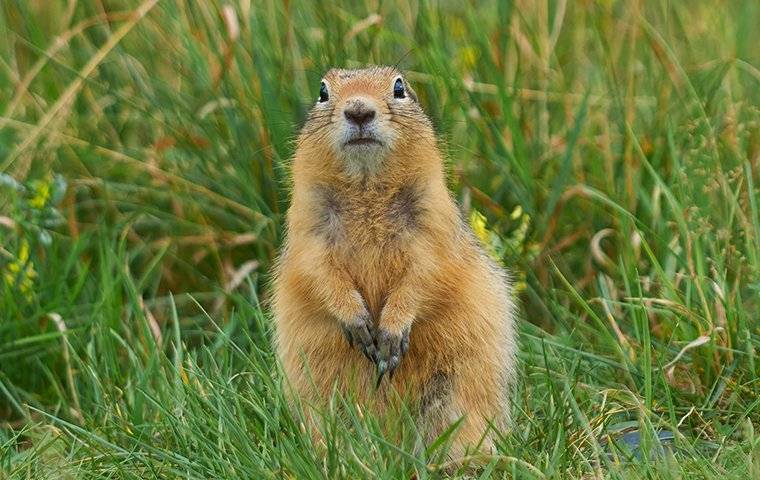Dealing with gophers can be a challenging situation for any gardener or homeowner. These small burrowing rodents can wreak havoc on your yard, leaving unsightly holes and damaging your plants. In this article, we will discuss how to fill gopher holes effectively, ensuring your garden remains beautiful and intact.
Gopher holes not only detract from the appearance of your garden but they also pose a risk to the roots of your precious plants. Learning how to fill gopher holes properly can prevent further damage and restore your garden to its former glory.

Understanding Gophers and Their Behavior
Before tackling the problem of filling gopher holes, it's essential to understand these critters better. Gophers are known for their extensive tunneling systems, which can lead to significant soil disruption. For more details on how deep gopher tunnels can go, check out this article.
Identifying Gopher Holes
The first step in addressing gopher holes is recognizing them. Gopher holes are typically circular, about 2-4 inches in diameter, and are surrounded by mounds of soil that they have dug up. It's crucial to identify these holes accurately to deal with the problem effectively.
Why Filling Gopher Holes Matters
Filling gopher holes is not just about aesthetics; it has practical benefits. Gophers can destabilize your lawn or garden and create areas where water collects. Moreover, if left untreated, they could attract other pests. Thus, knowing how to fill gopher holes is crucial for maintaining a healthy garden.
Tools and Materials Needed to Fill Gopher Holes
Before you begin the process, gather the necessary tools and materials:
- Garden trowel or shovel
- Soil or topsoil
- Iron stakes
- Wire mesh (if needed)
- Water
Steps on How to Fill Gopher Holes
Now that you have gathered your materials, follow these steps on how to fill gopher holes:
- Locate the Holes: Walk around your garden and identify all gopher holes. Mark them for easy access during the filling process.
- Digging the Area: Use your garden trowel to remove any loose soil around the hole, widening the opening if necessary for better access.
- Fill with Soil: Take your topsoil or regular soil and fill the hole. Ensure the soil is packed down properly to reduce the chances of sinking over time.
- Compact the Soil: Use your hands or a tool to firmly compact the soil you've added. This helps to prevent gopher activity from re-opening the hole.
- Cover the Area: If necessary, add a thin layer of wire mesh over the top of the filled hole to deter gophers from burrowing through again.
- Water the Area: Lightly water the filled hole to help compact the soil and encourage settling.
Alternative Methods to Handle Gopher Holes
If you find that filling gopher holes repeatedly isn't working, it might be time to consider other methods of control. Some homeowners resort to trapping or even using poisons, which could be harmful to other wildlife. For more on how to get rid of gopher holes, consider reading this comprehensive guide.
Prevention Tactics Post Filling
Once you've filled gopher holes, it's important to implement prevention tactics to minimize future activity. Planting certain deterrent plants or using natural repellents can provide a long-term solution to keep gophers at bay.

When to Seek Professional Help
If gophers continue to infest your yard after your best efforts, it may be time to consult with a pest management professional. They can offer targeted solutions and help manage your gopher problem effectively.
Frequently Asked Questions (FAQ)
- What attracts gophers to my yard?
- Gophers are typically attracted to gardens with lush vegetation and food sources such as roots and tubers.
- How do I know if I have gophers?
- Gopher activity is marked by distinctive mounds of soil, along with visible holes in the ground.
- Can I fill gopher holes with concrete?
- While it can deter gophers temporarily, filling holes with concrete may lead to other issues in your soil's ecosystem.
As an Amazon Associate, I earn from qualifying purchases.
